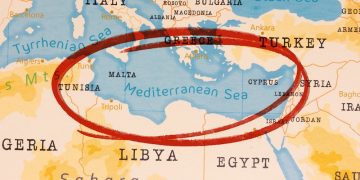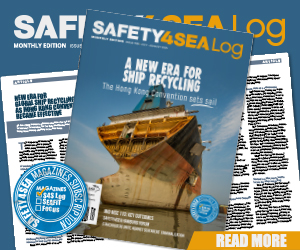A four-day seminar held in Singapore from 14 to 17 July brought together maritime officials, educators, and industry representatives to discuss training needs for seafarers working on ships powered by alternative fuels and new technologies.
Organized by the Maritime and Port Authority of Singapore (MPA) and the International Maritime Organization (IMO), the seminar was held alongside the International Safety@Sea Conference. The programme included presentations from Maritime Education and Training (MET) institutions, as well as contributions from the Maritime Just Transition Task Force and industry stakeholders.
Participants discussed key training challenges, including limited access to equipment and practical experience with new fuel systems such as methanol, ammonia, hydrogen, LPG, and battery power.
Several focus groups provided opportunities for countries in the region to share national strategies and experiences, particularly in training seafarers to work with LNG-fuelled ships. A session on gender mainstreaming in training also addressed the importance of promoting an inclusive maritime workforce.
The seminar featured practical demonstrations, including a methanol firefighting exercise and hands-on sessions with simulation and virtual reality tools at facilities such as the Singapore Maritime Academy, Centre of Excellence in Maritime Safety (CEMS), and Wavelink Maritime Institute.
Organized under the IMO’s Integrated Technical Cooperation Programme (ITCP) and in collaboration with the Sustainable Maritime Transport Cooperation (SMART-C) Programme, the event aimed to support the development of future training standards for seafarers operating on ships using alternative fuels and technologies.
Participants are expected to contribute to ongoing work at the IMO related to training provisions for the evolving maritime fuel landscape.































































